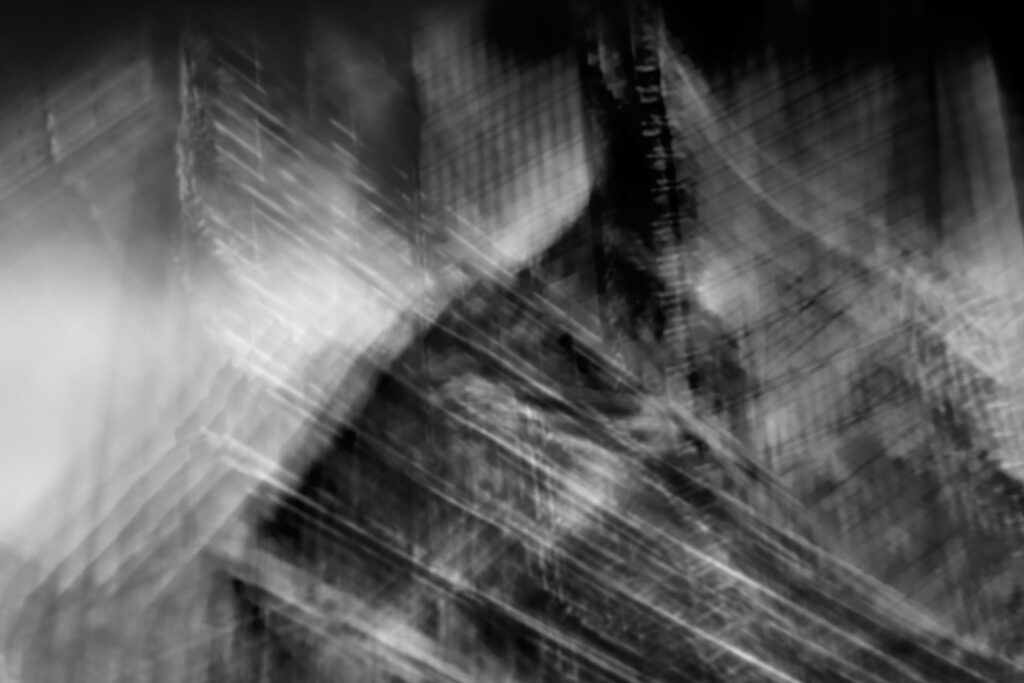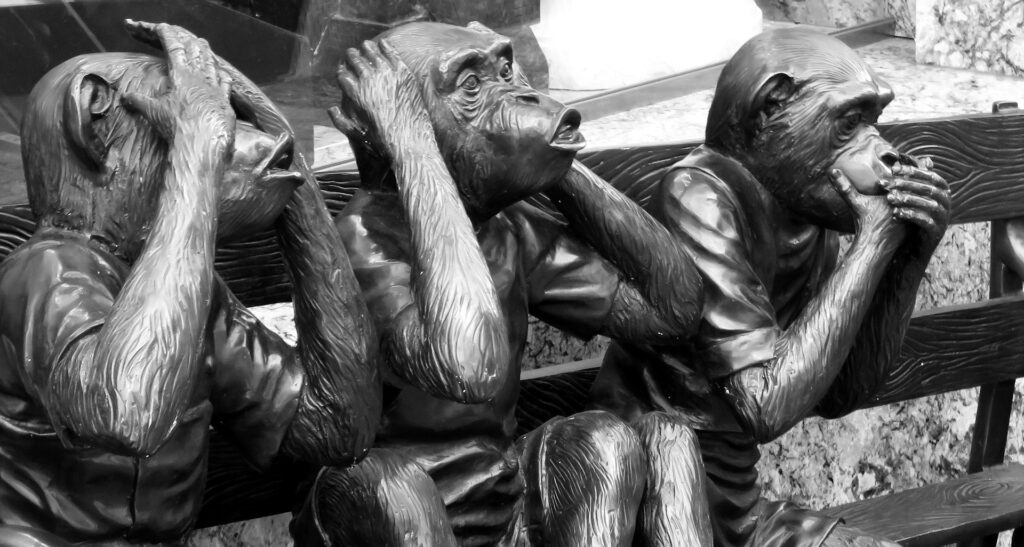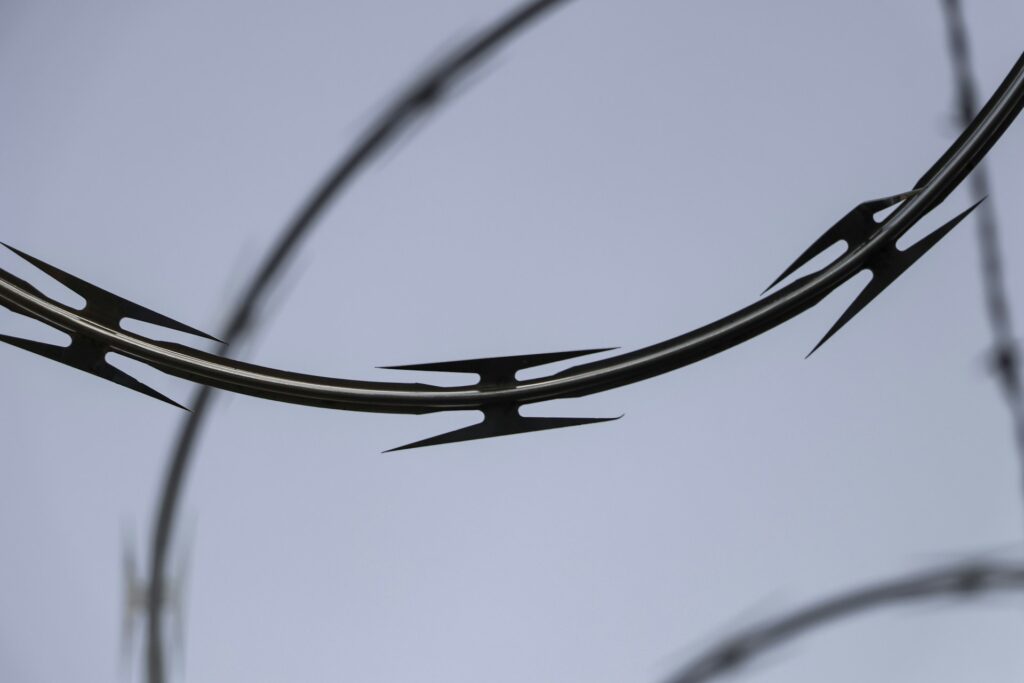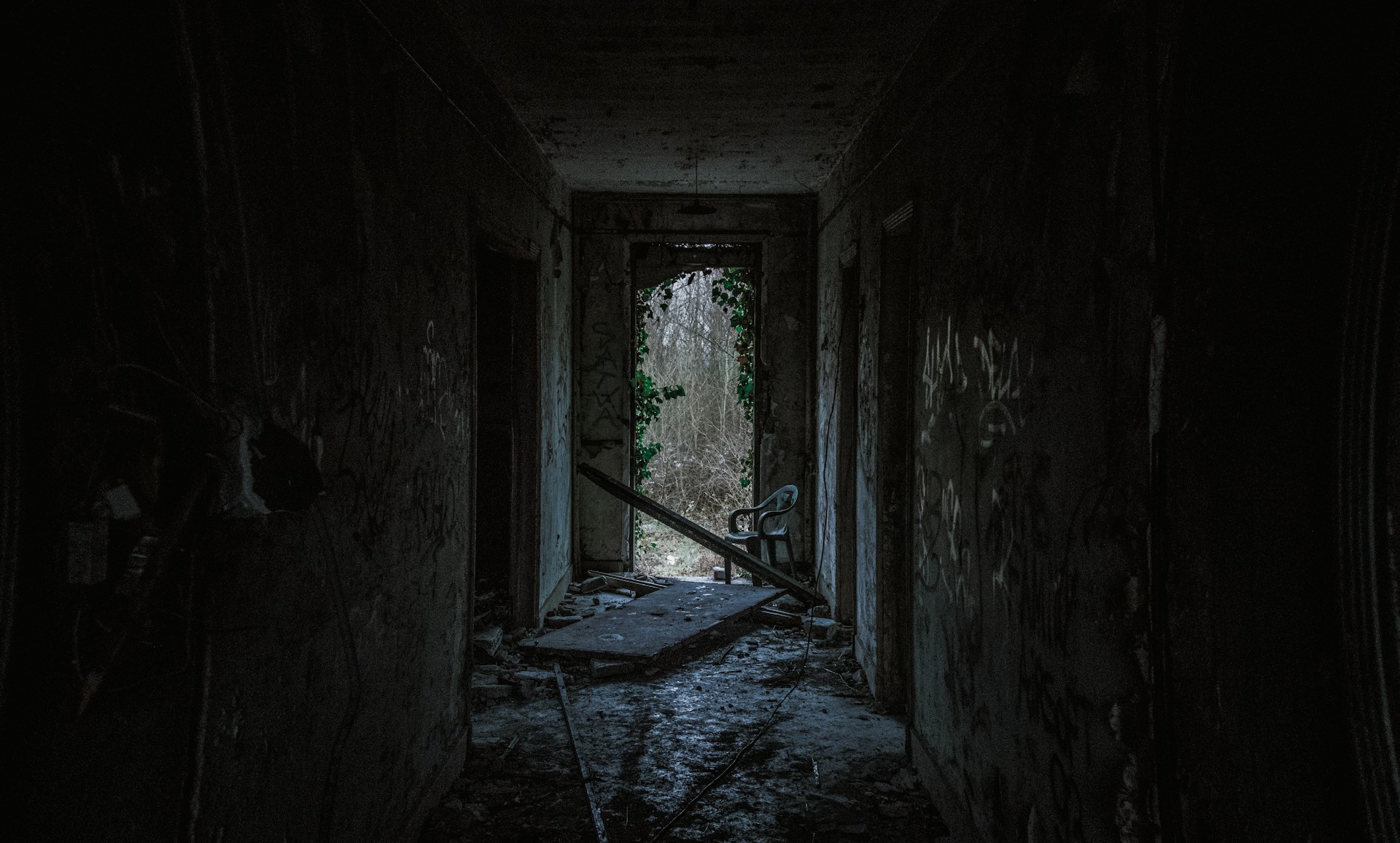Divorce left Omar the single father to 9-year old Fatima, at least on weekends. Fatima’s mother is the custodial parent and she is not Muslim, having left the faith shortly after the birth of their daughter.
Allowing his daughter to grow up with an appreciation of her Islamic heritage is Omar’s primary paternal concern, and he endeavors to bring her into community with other Muslim children in the limited time that he shares with her.
Ramadan is the ninth lunar month of the Islamic calendar. It is a period of abstinence and focused devotions, but also a period of expanded social opportunities as Muslims fill the local mosques each night to break their daily fast over a shared meal. The mood is festive and children are welcome. Omar’s daughter enjoys the mosque and the friends she has made there.
There was an evening, however, when she approached her father with some confusion. One of her friends was involved in an activity with other children, and had intimated to her that she was not to be a part of their games. Omar approached another parent to ask about the situation.
Omar was told that Fatima was no longer welcome to play with the other children.
Tainted

She was from a broken home.
The other parents could not afford their children becoming attached to someone who would likely prove a negative influence over time.
The proclamation was sealed with the following reassurance:
“It’s nothing personal.”
Years earlier, after I had moved out of my marital home, but before my own divorce had become finalized, I called my father-in-law. I was desperate for counsel, having learned things about my wife’s choices and behaviors that left me confused and worried for our children, his grandchildren.
I did not receive counsel.
When he picked up the phone it was to chastise me. He rued the day that he ever permitted me to marry his daughter. “It was my biggest mistake,” he said.
“I knew then, but chose to disregard that you were from a broken home.”
It gets worse.
Divorced women, no matter how religious, attractive, or accomplished, are glossed over as marital prospects by unmarried men and their families obsessed with their virginal fantasies. Such women are often asked by their own parents to lower their personal standards, to reconcile within themselves the reality that they have lost significant currency in the romantic marketplace.
“I am damaged goods,” is a common refrain among divorced Muslim women.
When my current wife divorced her husband who was no longer comfortable being Muslim, she approached the men in her community, inviting them to support her in the raising of her young son. Surely he would benefit from their masculine example of compassionate duty as they brought him along to participate in group outings and civil service opportunities.
The men stood down.
Her call for help went unheeded.
Isolation

Among the divorced is an awareness of a subtle and creeping social withdrawal. Notifications regarding community events are extended less frequently. Phone calls and messages, perhaps frequent and sympathetic at the outset of one’s divorce, begin to taper off within a few short weeks, even as the divorce process begins to accelerate in both expense and complexity.
There may be for some of us an overt communal factionalization as former friends choose to get behind one or the other of the beleaguered couple’s opposing narratives. But this is less frequent as most choose simply to stay out of things. This is no doubt rationalized as a bid to remain neutral, and in so doing the very notion of offering continuing support to the grieving parties becomes a loaded and uncomfortable consideration.
All of this is ignorance and fear, the emotional cornerstones of prejudice.
But more than this, it is socially destructive as the very web of communal life is shown to be fragile to the point of illusion.
The family is the essential communal building block. It stands to reason, through the logic of cowards, that divorced homes can only result in fractured communities. Divorce rates are indicative of communal disintegration, so they believe.
We posit that every divorce is an opportunity for communal recalibration.
Ignorance

Let’s bring it back to Fatima, Omar’s innocent daughter who was barred from playing with other children by married parents. And let’s give these wayward idiots the benefit of the doubt as we consider their rationale for exclusion.
These are parents simply protecting the innocence of their children.
They are afraid that Fatima will talk about the divorce. The other children will experience confusion and insecurity as a result. These children will then ask their parents uncomfortable questions that will end in reassurances and platitudes about how this terrible thing that happened to Fatima is not something that they will ever have to worry about.
Or maybe these parents picked up that Fatima was carrying an emotional burden, one that might threaten the lighthearted play of the other kids. And playing should be about fun and nothing more. The mirth of our young ones must not be threatened.
Garbage.
Their shortsighted ignorance and complete lack of nobility becomes plain once we get clear on two points:
- Protecting the innocent is a duty that extends beyond our family.
- Our obligation to shield the vulnerable does not preclude our responsibility to also teach them the sword.
Betrayal

Fatima is a child. She is vulnerable. She is innocent. She deserves the emotional and physical release that play offers all of us. Only the most callous would reject these assertions, but frighteningly few will accept the responsibility that comes with an acceptance of them.
Furthermore, children should be allowed an exploration of life’s inevitable contingencies. Sickness, death, and divorce are going to come up for them as they have for all of us. Families are just as easily torn apart by irreconcilable differences as they are by natural disasters and warfare. No child should be given false guarantees as to their enduring security. These are lies that will have to be embarrassingly revisited as our children, all too soon, begin to suffer the realities of their ephemeral and transient existence.
Our responsibility as Muslim parents is to nurture a hope and reliance upon what is forever: God and the enduring spirit of our actions. This is the sword of resilience that must be handed over for our offspring to wield and sharpen over time.
We imagine that we are operating under a pretense of care and tenderness when we deceive our children about the realities of our short and often brutal lives. In truth, we are only betraying our stunted development and ineptitude.
This lack of personal and communal maturity informs our collective response to divorce, and this is what tears communities apart.
People ending partnerships is well within the continuum of normal, healthy human behavior. Divorce cannot be blamed for the destruction of communities.
Oppression

Withholding opportunity from the disadvantaged or assigning blame where none is warranted, these acts are nothing short of oppression. And the normalization of oppression within society is the death knell of that society.
Divorce stigma is a communally assigned mark of disgrace, unjustly attributed to men, women, and children who are a party to a process sanctioned by God Himself in His final revelation to humanity. Those who hold and perpetuate such prejudicial biases and oppress others through their misguidance are to be condemned in the strongest possible terms, for oppression is worse than slaughter (Q2:190)
This is not an overstatement.
Fatima deserves as much support, camaraderie, joy, and love as the next child. We oppress her through the projection of stigma, subjecting her to a slow and agonizing death through the cruelest of tortures. Worse indeed than the swiftness of slaughter is the incremental snatching away of health and happiness from those most deserving.
Fatima should not be left to shiver the elements in her “broken home,” left alone to internalize the brutality of social judgements that carry the risk of poisoning her against ever trusting another human being again. When we stated that divorce is not a metric for communal disintegration but rather an invitation to communal recalibration, we are stating explicitly that Fatima’s growth and development is a communal responsibility. Our abdication of this responsibility will leave the next generation perhaps hopelessly compromised.
If Fatima’s home is in fact broken, what would prevent us from inviting her into our warm and wholly intact abode except a loathsome and petty meanness?
Courage

What prevents us from offering our love and support to the confused and grief-stricken men and women who are sorting through the complicated emotions and logistics of a divorce except our distaste for the uncomfortable and our insecurities as they relate to what God has promised of reward and provision?
Divorce tests us.
And the existence of divorce stigma within our communities is a clear indictment against any who subscribe to it.
If these prejudices cannot be eradicated through compassion and education, then those holding them should be cut off, for it is they who set torches to our tent.
For Muslims, it is enough to know that our blessed Prophet Muhammad married women who were divorced, this the greatest and most noble human being to have ever walked the earth, may the peace and blessings of God be upon him. This man is our exemplar, this greatest of teachers who suffered no orphan, who was himself denied a mother and a father, nursed by a merciful stranger, raised by his extended family, and who cautioned in the strongest possible terms against violating the sanctity of any who were marginalized and underprivileged.
It is enough to know that God provides humanity guidance, specifying in His final revelation the manner in which the married among us may dissolve the arrangement, and this from the One who Creates and Fashions all men and women, the Most High, Most Glorious, Most Compassionate and Just.
Then upon what grounds is prejudice, bias, and stigma against the divorced founded except upon a frank disregard for both the message and the Messenger?
Leave a comment below for posterity or join us in the D&T Chautaqua Discord to discuss this post with other adventurous spirits from around the world.

Mashaallah may Allah swt keep
Our hearts pure and open to see that we all have a role in protecting our deen and especially our young kids. I can totally relate.
Assalamu ‘alaikum. I truly appreciate your article, but would also like to posit from another perspective. Married people are not always happy, but are struggling to sacrifice to keep a family together. I have a husband who has been mentally ill for twenty years. I didn’t leave him, out of loyalty, mercy and fear that “what if it was me who was ill?” I also fear that Allah will punish me for leaving a poor soul out of selfishness. So I raise the kids and put away my need for love and admiration for a man, and put on a good show so that I will see success in my children in the near future, and be rewarded. Why judge me for avoiding the temptations of divorce? Why judge me for wanting divorcees, of which I have friends, not to mention divorce or ex-spouses in front of my children? I don’t exclude anyone’s children, but I certainly don’t want divorced normalized. I don’t want to see my children divorced in the future, so I show them what it takes to keep a marriage together….it takes everything, every type of sacrifice of the nafs. I hope I am rewarded, and not slandered by divorcees as “not accepting them.” Why not consider me a different type of divorcee and not exclude me? A spiritual divorcee?